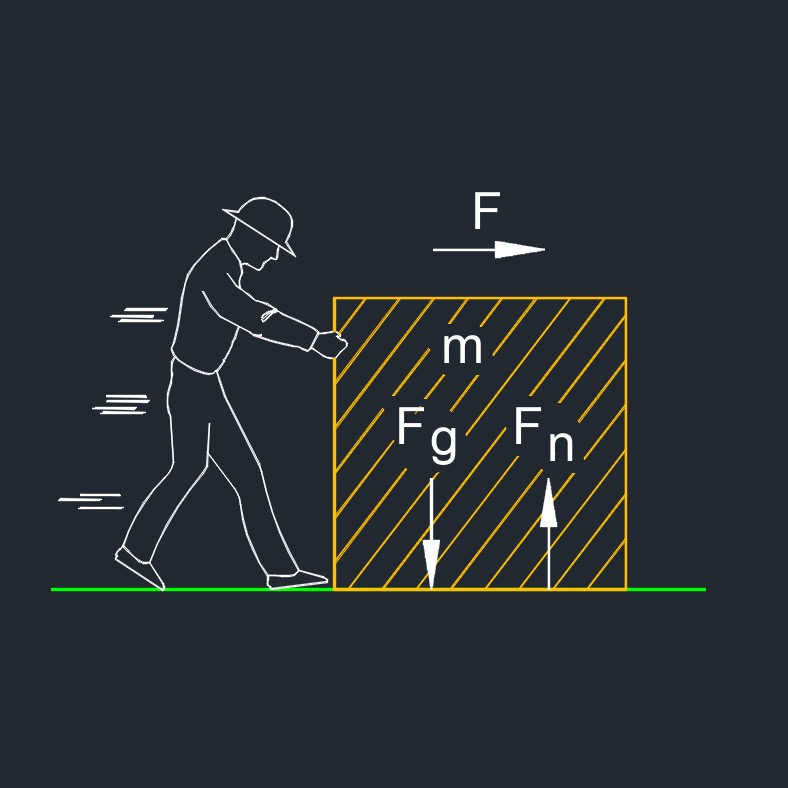Velocity
Velocity Formula |
||
|
\( v \;=\; \dfrac{ d }{ t } \) (Velocity) \( d \;=\; v \cdot t \) \( t \;=\; \dfrac{ d }{ v } \) |
||
| System | English | Metric |
| \( v \) = Velocity | \(ft \;/\; sec\) | \(m \;/\; s\) |
| \( d \) = Displacement | \(ft\) | \(m\) |
| \( t \) = Time | \(sec\) | \(s\) |
 Velocity, abbreviated as \(v\), is a vector quantity having magnitude and direction that describes the rate at which an object changes its position with respect to time. It is defined as the rate of change of displacement with respect to time. Velocity is an important concept in physics, and is used to describe the motion of objects in one, two, or three dimensions.
Velocity, abbreviated as \(v\), is a vector quantity having magnitude and direction that describes the rate at which an object changes its position with respect to time. It is defined as the rate of change of displacement with respect to time. Velocity is an important concept in physics, and is used to describe the motion of objects in one, two, or three dimensions.
Velocity differs from speed in that it includes direction. For example, if an object is moving in a straight line at a constant speed, its velocity will be in the same direction as its motion. However, if the object changes direction, even if its speed remains constant, the velocity will change because the direction has changed. In summary, velocity is a measure of how fast an object is moving and in which direction it is moving.

